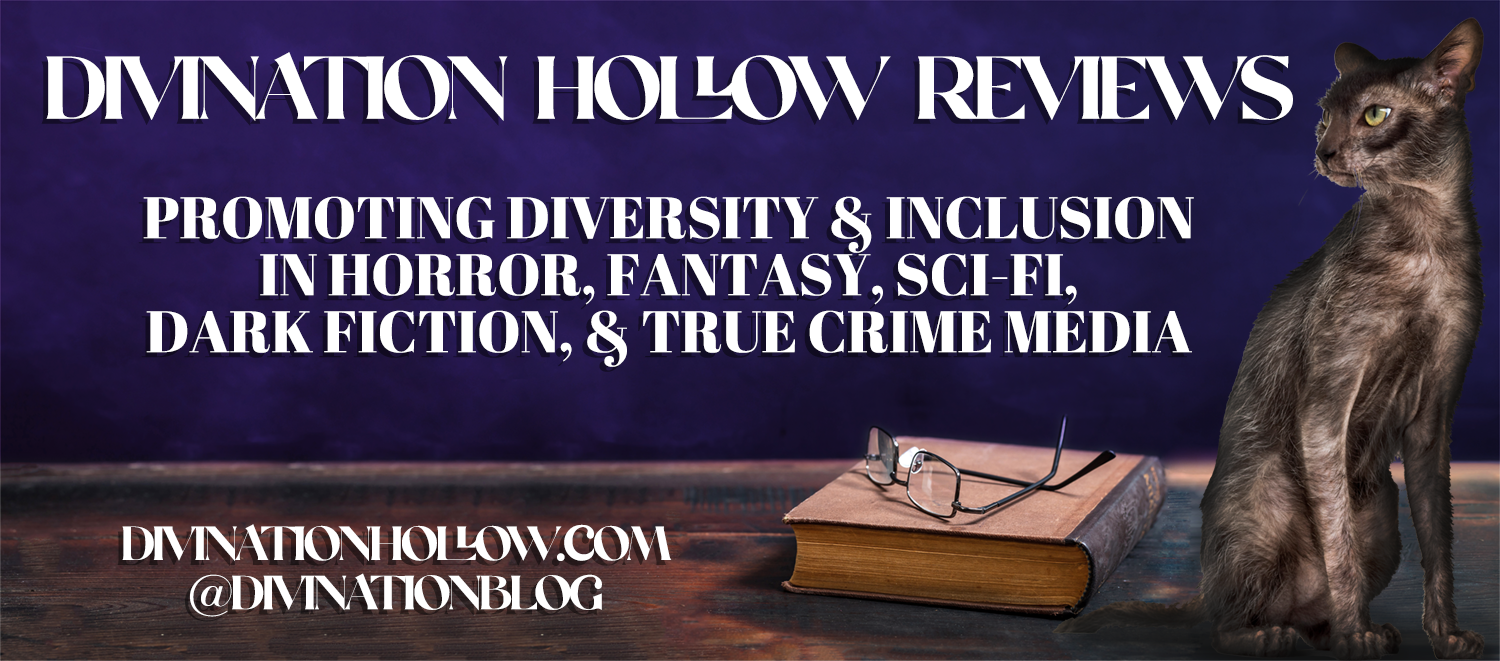Extract: You Are My Sunshine and Other Stories by Octavia Cade
Sometimes change can hurt. This collection of short stories traces the growing pains of a new world, beginning with the death throes of our current way of life and ending with a world transformed by science and technology, and by grief, hope, love, and humanity’s will to transform. This is a collection that will both tear you apart and tend to your wounds. Cade’s beautifully-wrought stories are informed by science, tracing the biological and emotional threads that bind us, human and non-human alike. Including a brand-new novelette in the world of The Impossible Resurrection of Grief, You Are My Sunshine and Other Stories is a promise of what worlds are possible if we allow ourselves to change.
You Are My Sunshine
The first one he found had been left in his letterbox. It hadn’t been wrapped in any way; it certainly hadn’t been delivered by the postman, who was retching on Cyrus’ porch. It had been stuffed in, just as it was. A severed arm, a human arm, and with a handwritten note carefully tied with baling twine about the wrist.
I’m sorry.
Cyrus didn’t know who the apology was for, but he thought it should probably have been for the postman. “I opened the box to put your mail in and it was right there,” he said. The letterbox was big, because Cyrus often received parcels from his mother, parcels full of fruitcake and other supposed treats which he didn’t much like and never ate, but always pretended gratitude for because she was his mother and doing her best to show love and he loved her in return. Even so, the size of the letterbox wasn’t enough to easily accommodate the arm. Folded in on itself, hinged at the elbow, it had still been wedged in. Gingerly, Cyrus reached out to touch before thinking better of it. For a brief moment he thought he might have been the victim of a practical joke, one of the local kids trying to scare him with a rubber limb, but the flesh was clammy and tacky with half-dried blood, and the smell of it — still faint, but with a sour pork smell that would draw flies sooner rather than later — disabused him of the notion.
“I swear to God it wasn’t there yesterday,” said the postman. “I didn’t put it there, it’s not mine!”
The postman still had both his arms, so that wasn’t exactly news, but Cyrus could understand the need for disclaimers. He did it himself when the police came. The subsequent interview was prolonged incomprehension. No, he had no idea who would do this. No, he didn’t have any enemies. No, he hadn’t seen anyone come to the gate that morning — he’d been on the other side of the house, working on notes for a talk he was due to give on the effects of wasting disease on local sea star populations.
“You work at the aquarium?” said the cop, and Cyrus nodded.
“Marine biologist,” he said.
“I don’t suppose you see a lot of dismemberment up there,” said cop.
“You’d be surprised,” said Cyrus.
Cyrus had grown up inland, surrounded by sunflowers. He always knew he wouldn’t stay in the place of his birth, but when he left for the coast, for the ocean that had called to him since he was small, he took the sunflowers with him. A handful of seeds, and he planted them wherever he went. When he settled, at last, in the house he planned to stay in forever, or for as long as the rising tides let him stay, he circled the fields around his little rural house with sunflowers, with bright, leggy bursts of them, and felt at home.
He didn’t raise them for seeds, like his parents did, or for oil. He raised them as a reminder of the dead. As a reminder of Pycnopodia helianthoides, the sunflower sea star, the largest of the Pacific starfish. The largest of all the starfish, excepting only a little-seen creature, a spindly gargantuan beast that lurked in the deep oceans of the Gulf of Mexico. Cyrus had loved the sunflower sea star ever since he’d seen a picture of them as a boy, bright and leggy and larger across than he could spread his small arms.
When they were young, the sunflowers outside his bedroom window oriented themselves towards the sun, and Cyrus, when he had been young himself, hoped for a similar heliotropism with the sea stars. He’d dreamed that he was underwater, diving with a bright torch, and the sea stars turned to him as he swam, waving their arms as if to say hello. He’d known the dreams weren’t real, but he’d wanted them to be. For a year, the only crayons he’d used had been blue and yellow, sea stars in water, long arms with petals attached. Eventually he ran out of yellow and started using oranges and purples too, because the sunflower sea stars he loved were not a perfect reflection of the sunflowers he lived with. Their colors were broader, but Cyrus didn’t care. He loved the sea stars, and he came to love the flowers because of the sea stars, and as an adult his sense-memories of both were shot through with the scent of wax, the slippery-soap feeling of crayons in his fingers.
The wax, at least, was malleable. If he left the crayons out in sunshine (by the beach, in the fields) they would soften in the heat and he could shape them, stretch them out, pinch them at the ends, turn the instruments of his design into little reaching arms, and stud them with sunflower seeds for texture. They didn’t look like sea star arms, not really, but he didn’t know then that such shapes were malleable, too.
When he did know, when the monstrous consequence of wasting had crawled out of oceans and disintegrated on shores, washed up in shaking, amorphous shapes of putrefying jelly, it was not the only mortification he had come to observe. It was certainly not the only remnants of flesh he had come to accept.
About the Author
Octavia Cade is a New Zealand writer with a PhD in science communication. She attended Clarion West 2016, has won three Sir Julius Vogel awards for speculative fiction, including for The Impossible Resurrection of Grief from Stelliform Press. She is a Bram Stoker Award nominee and was the 2020 writer in residence at Massey University.
Enter the giveaway for You Are My Sunshine
Purchase the book from publisher Stelliform or on Amazon





